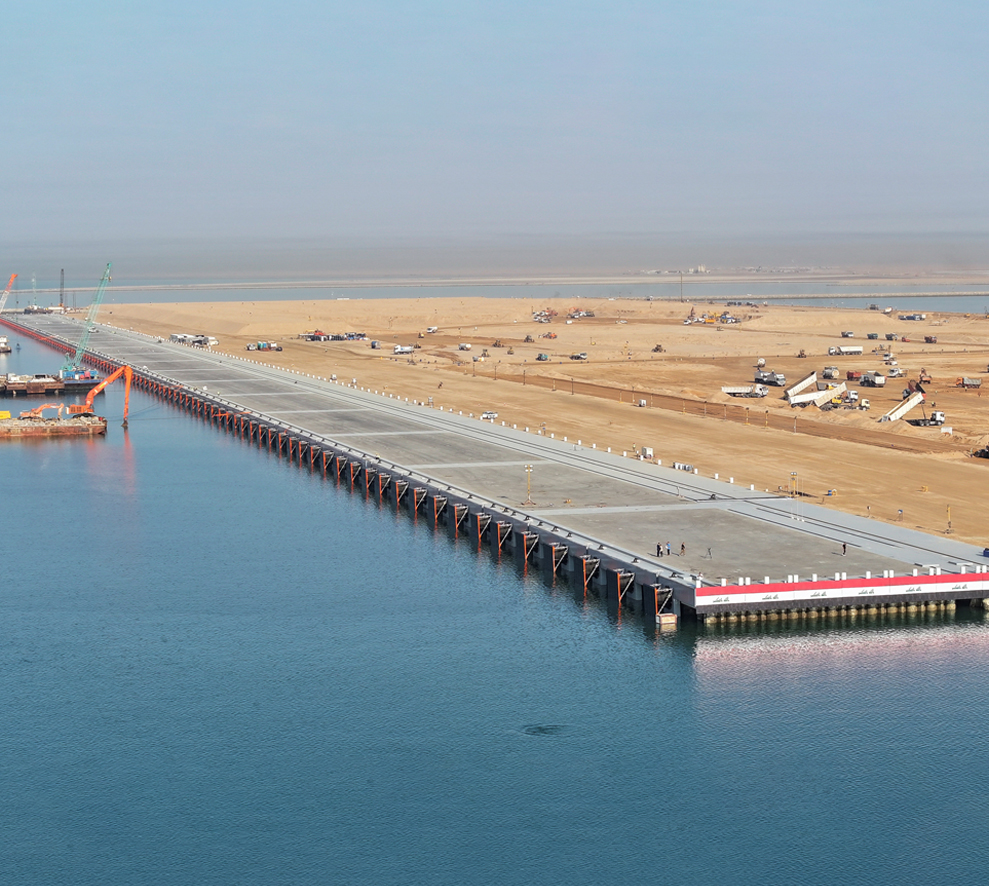Analyses
Regional Trends
The Syrian-Iraqi Border: Reshaping the Geopolitical Space of the Middle East
International and Global Trends
Real clear world: A former terrorist inside the white house
International and Global Trends
NYT: The President and A Former Terrorist Meet at the White House
Arab policy
The Syrian Unity Predicament: Files of Sovereignty, Security, and the Kurdish Issue
The Palestinian–Israeli Conflict
Trump’s Plan: Second Phase Scenarios
Filter by:
.jpg-%D8%A7%D8%B9%D8%A7%D8%AF%D8%A9-%D8%AA%D8%A7%D9%94%D9%87%D9%8A%D9%84-%D8%B3%D9%88%D8%B1%D9%8A%D8%A7.jpg)
Syria's International Rehabilitation: What Is Next?
The following strategic assessment paper reviews Syria's position in the regional and international environments in light of the immediate changes that will inevitably cast a shadow over the situation in Syria. The paper also argues that the process of "rehabilitation" for the return of Damascus's diplomatic relations with the international community must be accompanied by "comprehensive local reconstruction" within a path that takes into account the political, economic, security and community aspects.

Hybrid Warfare and Bets of Victory and Defeat
The following article reviews the reality of the hybrid war between Israel and the Palestinian armed factions, taking the recent war in the Gaza Strip as an example, to demonstrate the importance of political dimensions as a long-term goal, and to highlight the economic and military damage suffered by the two parties as a secondary goal through which changes and the development of tools and deterrence in such a type of war are measured. The article relies on the findings of the literature and theories that dealt with these wars in their scientific and academic form based on objectivity.
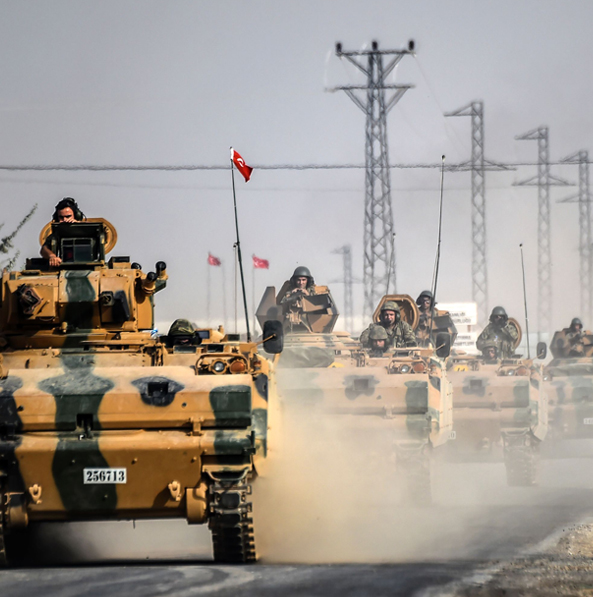
Dimensions of Turkey’s Utilization of Military Force in Regional Politics
Turkey has recently expanded its military footprint on various battlefields; Syria, Libya and Azerbaijan, raising questions about the existence of a new military and defense policy. This article tackles the Turkish utilization of military force in regional politics.

What is Behind Arab Ideologies' Decline?
Abandoning ideology or at least its intolerant aspects is an urgent necessity, because of the damage it has caused in the structure of our societies. Therefore, ideology should assume a historical responsibility to transcend backdated thought that has on no occasion been in the interest of people.
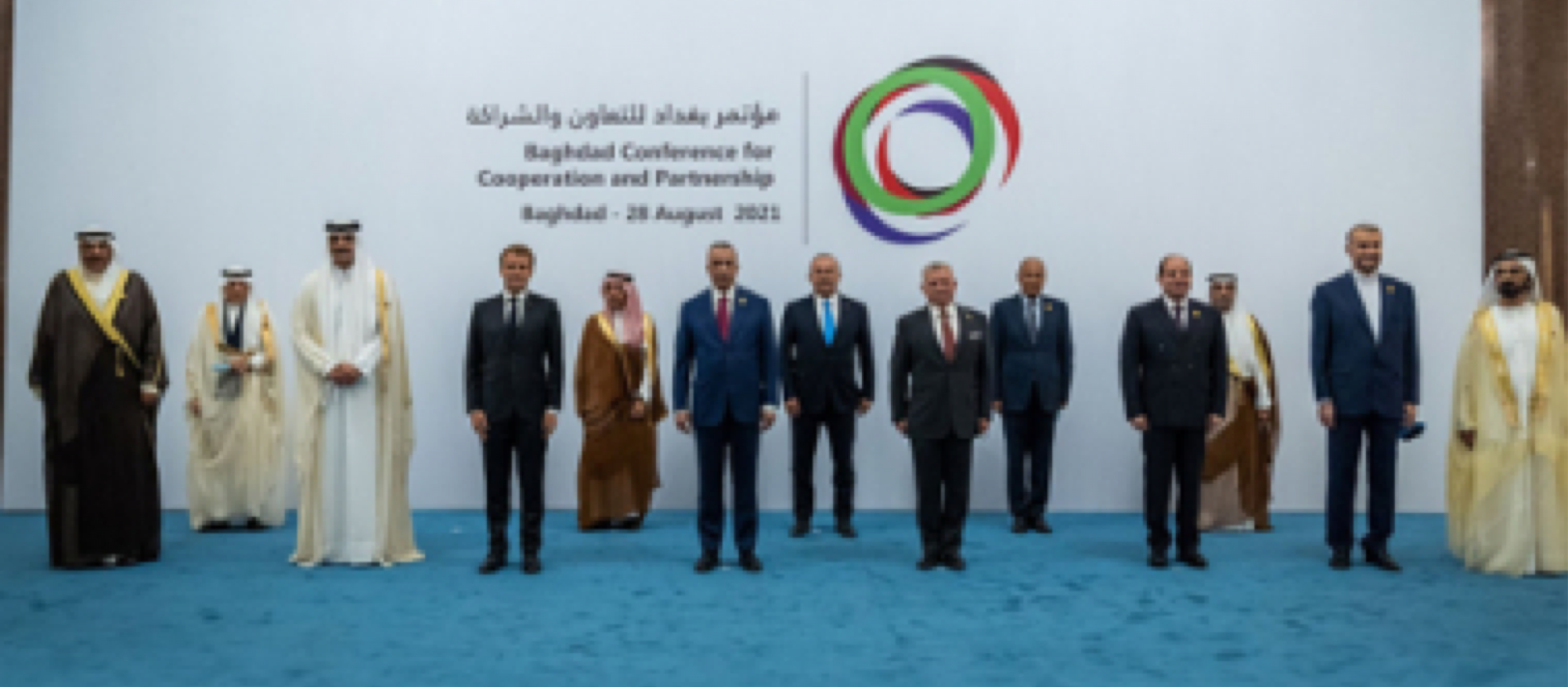
Advertising space title
Description of the advertising space. Upon the client’s initial approval of the design, this text will be removed.

U.S. Sanctions Are Killing Innocent Syrians
Is the US Caesar Act, intended to protect civilians in Syria, achieving its intended goal? Or is it having the opposite effect, harming Syrians? And should the new US administration lift the economic sanctions included in this law?
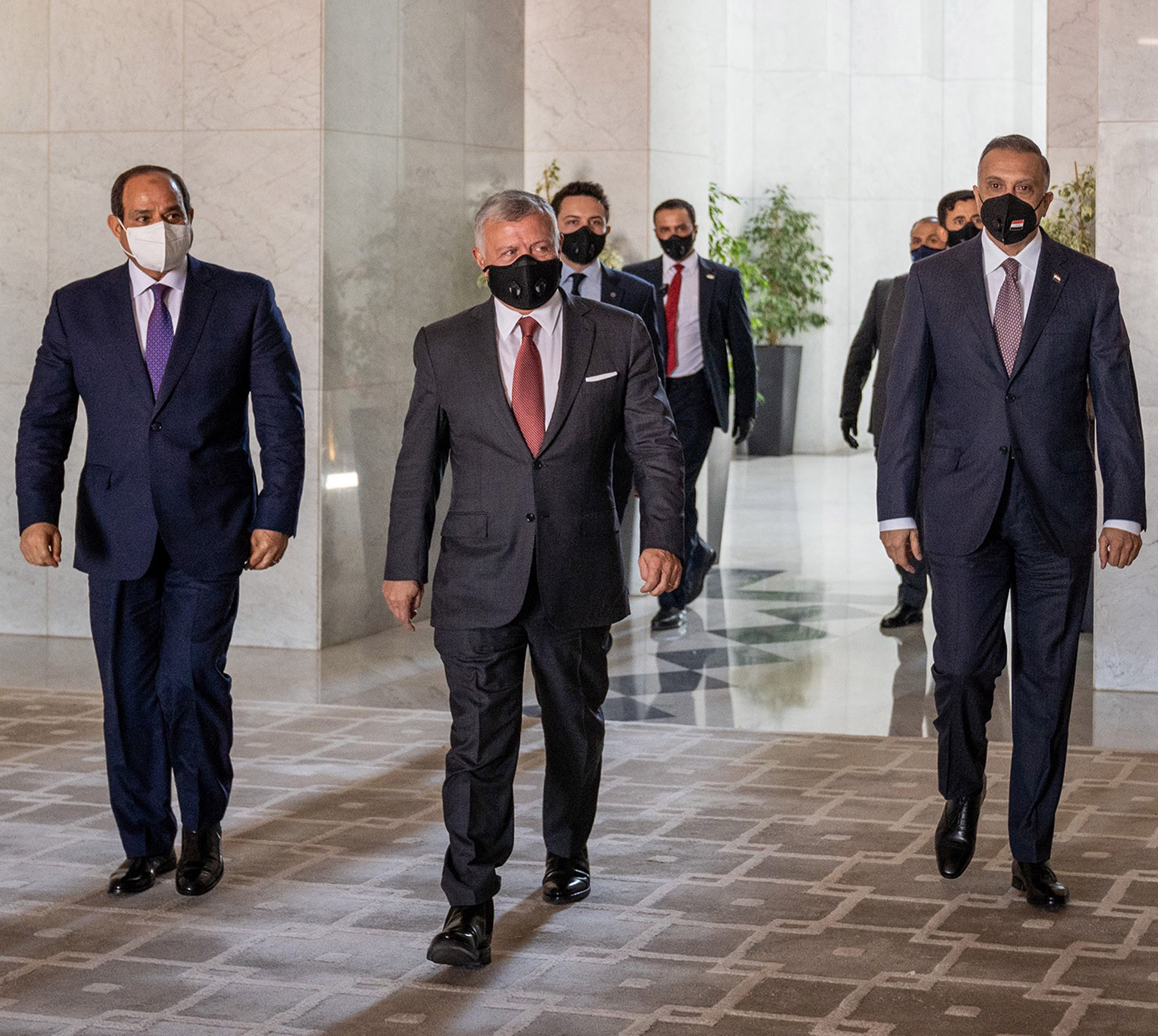
Amman, Cairo, and Baghdad: Towards a pioneering development partnership
The following policy paper reviews the features of the upcoming partnership within the Amman-Cairo-Baghdad axis in light of regional and international developments, and defines the general theoretical framework governing its interactions. It also contains 22 recommendations to policy makers that can contribute to achieving the desired goals and ensure the sustainability of the axis for the coming years, enabling it to attract the support of regional and international powers for implementing development projects away from the widespread political polarization in the Middle East. This paper is to be followed by another paper on the tripartite partnership from a purely economic perspective in accordance with the macroeconomic indicators of each country, showing the most prominent economic elements on which to base the economic vision of the emerging axis.

Covid-19 in an Age of Risk
In an age of risk, we tend to ruminate upon the negative effects of our decisions and always find ourselves driven to make a computational relationship between the future and the present. What role has Covid-19 pandemic played in augmenting such state?
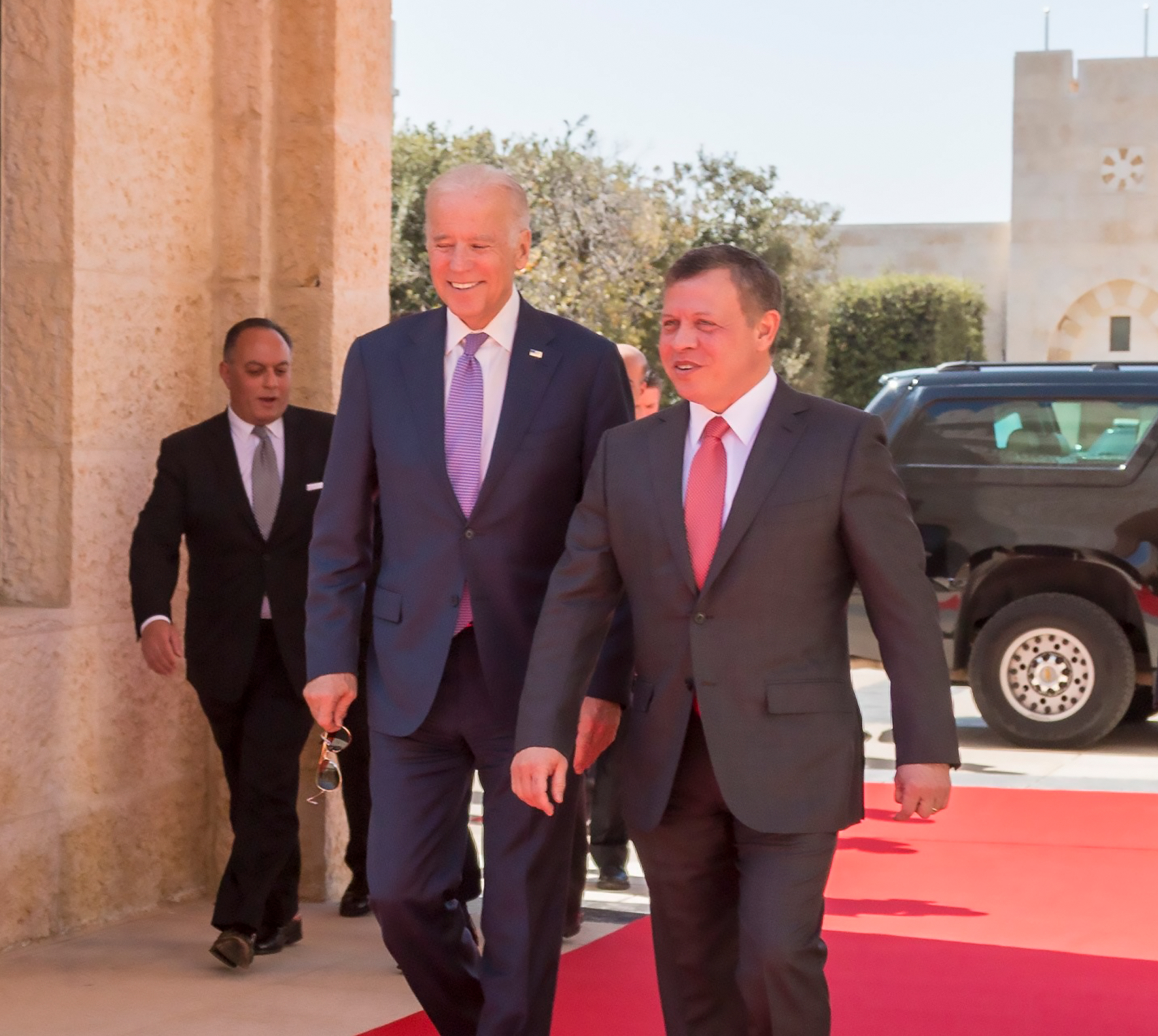
Amman's Approach to the New Washington
Having experienced an unusual relationship with the Trump administration on Jordan’s role on a number of issues, could some of the measures and amendments that Jordan may take help reset the pace of US-Jordanian political relations, with a new Democratic US administration?

The Need for Arab Think Tanks
In a region suffering from “knowledge crisis” like ours, focusing attention on think tanks is an urgent necessity. The following article highlights the importance of such institutions, especially with regard to the production of new "political knowledge" based on evidence-supported facts, as well as their contribution to providing solutions to decisionmakers.
